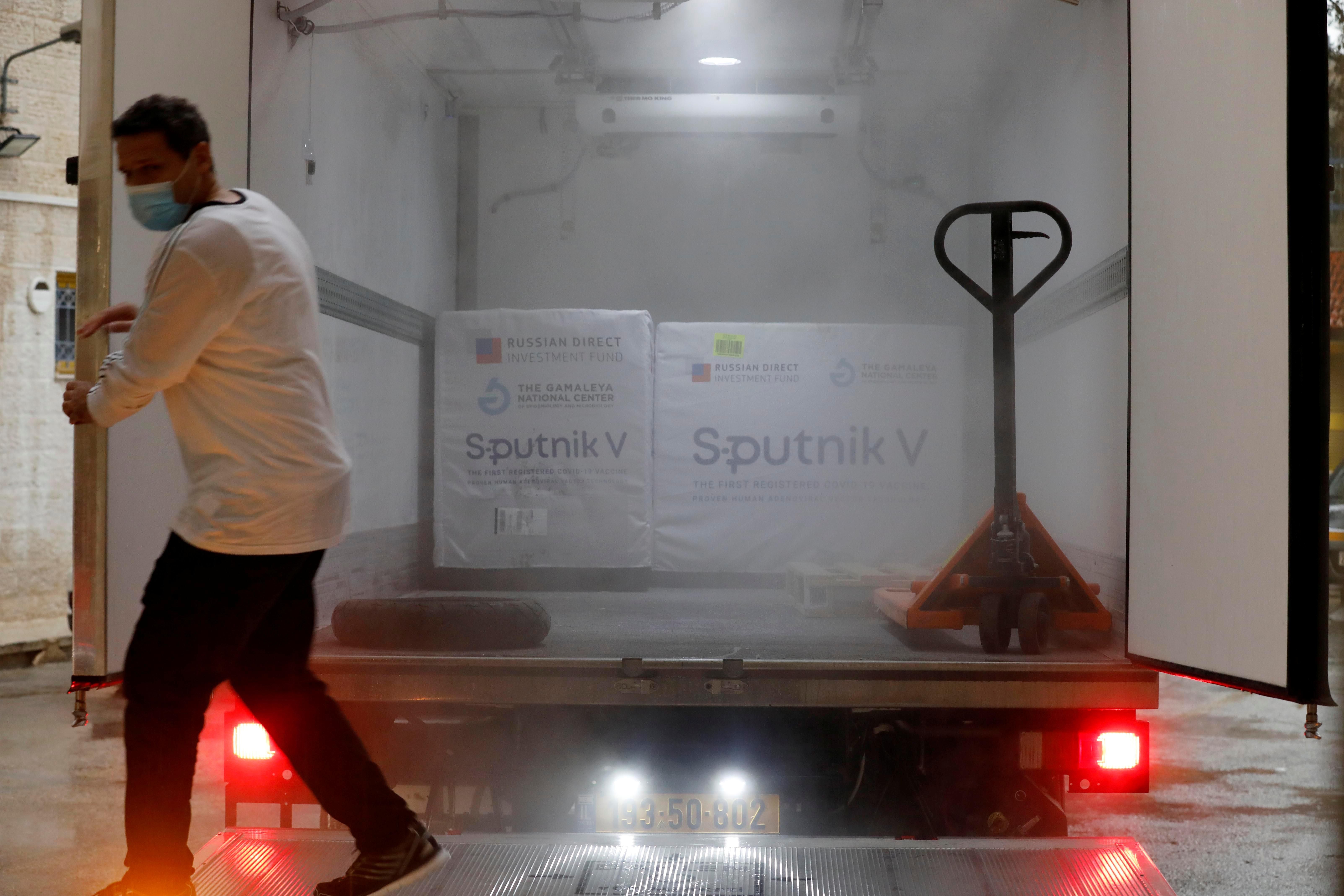News
February 18, 2021
2,000: The embattled Gaza Strip received its first batch of COVID vaccines, with 2,000 doses of Russia's Sputnik V jab sent to the enclave, which has a population of 2 million. Amid an ongoing debate over whether Israel should supply vaccines to the Palestinians, the jabs were sent by the Palestinian Authority — which controls the West Bank — not the Israeli government.
3: US Secretary of State Antony Blinken held talks Thursday with counterparts from three allied states — Germany, France, and the UK — on how to revive the 2015 Iran nuclear deal. Iran recently said that if the Western signatories don't live up to their end of the bargain, it will block the UN nuclear watchdog from inspecting some of its sites as of next week.
6: Mexican authorities arrested six people in the northern state of Nuevo León for trafficking fake COVID vaccines, presenting them as the coveted Pfizer shots which are scarce in Mexico. Suspects allegedly tried to sell the jabs for $2,000 a pop.
2: Two species of large rodents called springhares have been discovered to glow in the dark. Scientists say the animals have a pinky-orange tinge under UV light, joining a small club of mammals like platypuses and some squirrels that share the rare trait.More For You
Bad Bunny during the Super Bowl LX halftime show press conference at Moscone Center.
Kirby Lee-Imagn Images
100 million: The number of people expected to watch the Super Bowl halftime performance with Bad Bunny, the Puerto Rican superstar and newly minted Album of the Year winner at the Grammys.
Most Popular
Think you know what's going on around the world? Here's your chance to prove it.
- YouTube
An imminent US airstrike on iran is not only possible, it's probable.
Americans are moving less — and renting more. Cooling migration and rising vacancy rates, especially across the Sunbelt, have flattened rent growth and given renters new leverage. For many lower-income households, that relief is beginning to show up in discretionary spending. Explore what's changing in US housing by subscribing to Bank of America Institute.
© 2025 GZERO Media. All Rights Reserved | A Eurasia Group media company.
